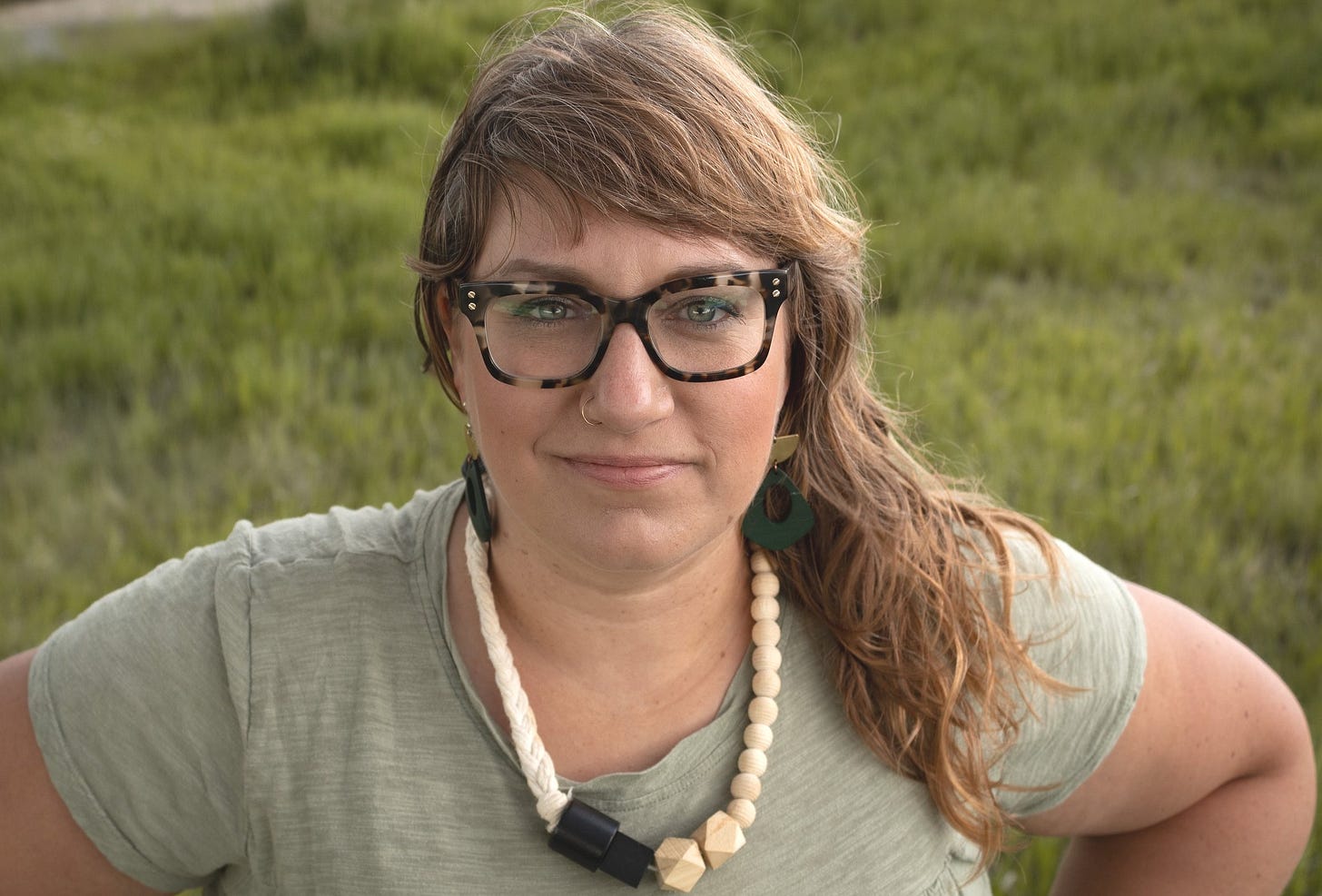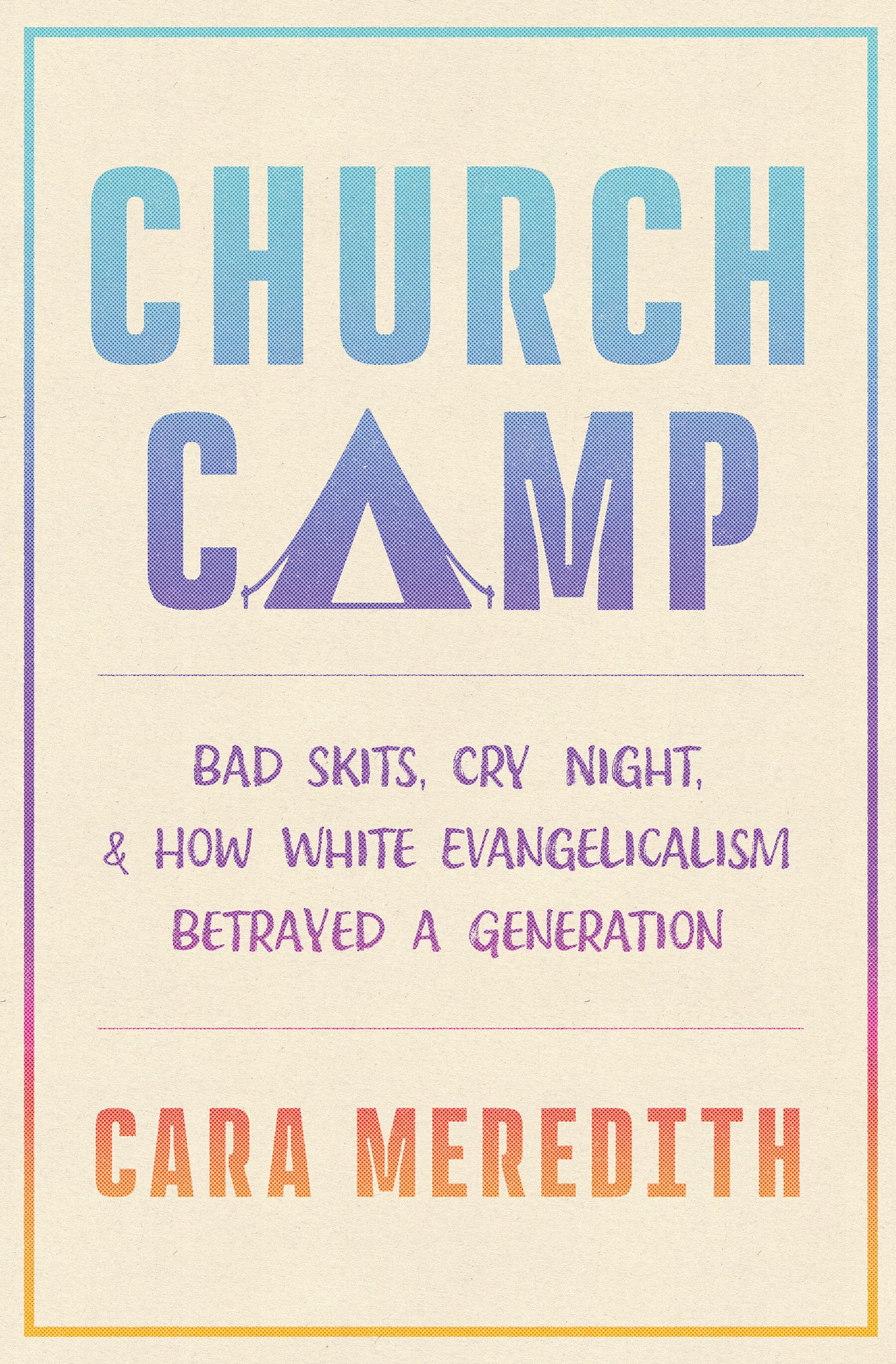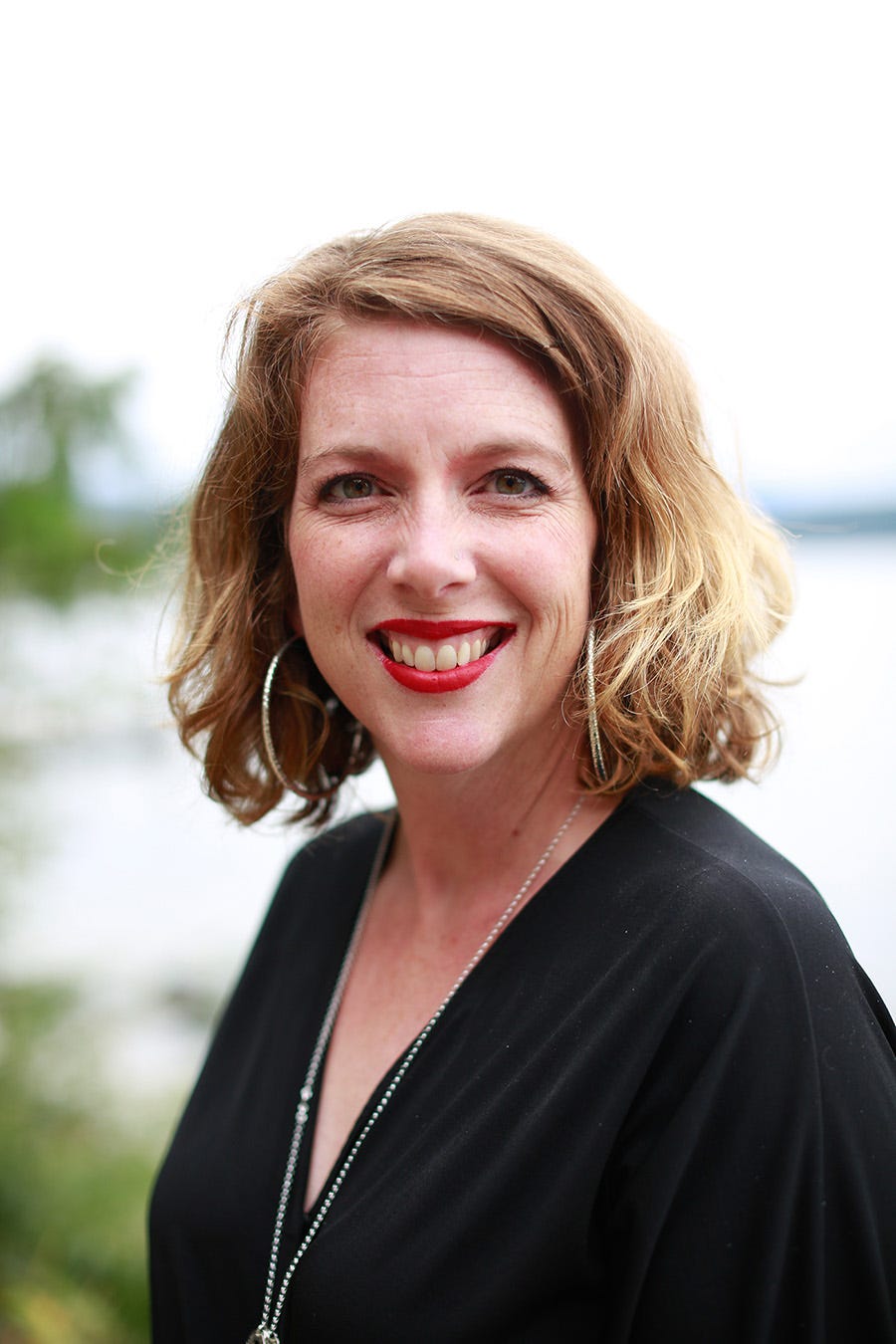the Empathy List #150: I Miss Church Camp
...but not the exclusive theology that I learned there.
Hello friend, Liz here.
Did you ever go to sleep-away camp?
In the seventh grade, I packed a duffel to the gills and headed into the Rockies for five days of glamping, rappelling, canoeing, ziplining, lake blobbing and sunbathing, foot races, mosquitoes and crushes.
There, at Eagle Lake, I would live out my own Parent Trap adventure.
Seriously, these camp pranks still rule—
But I did not get the Camp Walden experience, not at the evangelical para-church Christian camp in the mountains of Colorado where my parents sent me.
No pranks, no sneaking around after-hours, no rivalries. Instead, this camp was a camp of “good kids,” where I could safely crush on another camper boy with blonde hair and blue eyes for a week and never have to speak to him, let alone meet him in the woods for my first kiss… because at age 12, I went to a private Christian middle school and felt more comfortable with my cabin full of only girls, bermuda shorts, and one-piece swimsuits, anyway. (And I wouldn’t have my first kiss until my TWENTIES …because purity culture. Need I say more?)
That meant while I got the trough of ice cream and the blob, my parents also knew I would get an earful of Christian doctrine. The six of us in the girls’ glamping tent woke early each morning to read and discuss the Bible with our college-aged counselor. We prayed before every meal and before sleep. And, of course, we held weekly all-camp meetings in the gym, where we sang songs (with accompanying hand motions) and sat cross-legged and sweating through a series of altar calls based on the four spiritual laws.
I loved almost every minute of camp.
My parents’ proved to be worthwhile: I did have a notable spiritual experience that week, just during the manufactured “cry night” when the camp counselors hoped to tally my conversion for their donors. Instead, walking back to the tent , I met the cosmic Christ. Peering at the stars through the overhanging branches of pinon pines, I felt the universe tip and spin and collide, and I felt dizzy with the tangible, embodied knowledge of God’s love and knowledge of me, me personally, for whom God incarnate had been born, died, and resurrected. God’s love felt real and alive to me as it never had before. To an onlooker, maybe it looked as if I and my fellow tent mates were spinning and singing together in the dark as we navigated knobby roots buried by pine needles on the climb to our tent. But I knew the truth: that night, I’d met God.
If you grew up within white American evangelicalism, I bet you have had an experience worth remembering at church camp. Whether that involved an entire plate of whipped cream, a quiet campfire conversation, or an encounter with the great outdoors, camp provided so many of us with space in which to meet our Creator.
Unfortunately, church camp also came with hefty expectations. These expectations are the subject of Cara Meredith’s new book, Church Camp: Bad Skits, Cry Night, and How White Evangelicalism Betrayed a Generation, and I’m telling you, through her writing, I enjoyed revisiting those camp days that evoke such ambivalent feelings within me.
I have a hunch you’ll enjoy this one. The blend of journalism, storytelling, and memoir make this book compelling, even for someone like me who only ever experienced it as a camper (rather than holding a microphone on cry night).
Church Camp is out TODAY (congrats, Cara!), so I encourage you to get your copy! In the meantime, enjoy this essay from my friend as she reflects on her past as a camp speaker—the one leading the altar calls with a gospel of exclusion.
Thanks for reading, my friends.
Warmly, Liz Charlotte Grant

“I was a church camp speaker, and I taught a theology of exclusion, not empathy. Now, I know I got God wrong”
by cara meredith
Lately, I’ve been paying a lot of attention to empathy – perhaps because I’ve been found thinking about penning a post for a newsletter called The Empathy List, but also because it feels like empathy is the last priority for the current administration.
Because, empathy. What does it mean to understand and share the feelings of another person when it feels like the world’s been shaken and wrung out and turned upside-down? What does it mean to practice empathy when we’re all just trying to survive, when the daily barrage of the news cycle leaves us utterly exhausted and depleted? What does it mean to then be found still believing in a God who is so wildly, intrusively empathetic, because this is God’s very nature, even when the very thought of God feels so far away?
These are the questions that come to me in the watches of the night, when my mind races with uncertainty and I can’t seem to turn off all the neon lights of blaring, incessant garbage. Because it is also here that I remember a world marked by a wild kind of inclusion. Here, I pay attention to those on-the-ground stories of plain old holy humanness, when the fleshy stuff of God comes face to face with the people and the places of the ancient world.
Of course, it’s not always been this way (and neither, as it turns out, am I always so elevated in my thoughts). As I write about in my next book, Church Camp: Bad Skits, Cry Night, and How White Evangelicalism Betrayed a Generation, as a camp speaker, it was my heralded duty to proclaim the gospel, to introduce children and adolescents to the person of Christ. But it was also my duty, covert as it may have been, to introduce campers to a version of Jesus rather devoid of empathy, who instead errored highly on the side of exclusion.
Nowhere was this more visible than among the LGBTQ+ identifying campers, counselors, and staff who found a home (or, as the case would more often be), who tried to find a home in the world of white evangelical church camps. Sure, I welcomed them into the fold with open arms. I introduced them to the God, and pointedly, to the Jesus, who loved them more than anything in the world.
But I also loved them with my own agenda – which is to say, of an agenda born of conformity and of conversion, and of an agenda that expected them to change to my ways of being in this world. And my ways of being didn’t include anyone who wasn’t straight.
I may not adhere to such theology anymore, but that doesn’t mean the lack of empathy I practiced didn’t cause harm along the way – nor does it mean that the rest of us can’t look for another way forward when it comes to the many “camps” we call home, wherever they may be.
As it goes, in the book, each chapter rather loosely follows a similar progression: there is a refrain of what I once said from the stage, of what was wrong with what I said, and of what could be said instead.
To you, and perhaps to all of us, I offer part of what could be said when it comes to doing better (and to perhaps practice a bit of empathy along the way):
The difference is not so much in the presentation of inclusion as much as it is in the manifestation of inclusion. Too often, the Jesus message of white evangelical church camp comes with its own set of rules. From the stage and from the front of the campfire pit, preachers tout a version of St. Luke’s words to the church in Acts: “Believe in the Lord Jesus Christ and you will be saved” – but the verse becomes a mangled version of assimilation.
Believe in the Lord Jesus Christ, and you will give up your queerness. Believe in the Lord Jesus Christ, and you will follow (and, dare I say, want to become) a whitewashed version of Jesus. Believe in the Lord Jesus Christ, and you will give up your womanhood, demonstrating instead a “male-like leadership style – straight-shooting, confident, always on,” for this is the type of leadership most valued in the Church.
Void of culture and ignorant of diversity, this version of Jesus becomes more resemblant of a tan-skinned, pectoral-clad David Hasselhoff-type lifeguard running in the sand to save the brown-skinned Jewish refugee, whose very experiences across borders allowed him to see the presence of God in all people. Simply put, the caveats attached to this Jesus mean assimilation into the values most cherished by white evangelicalism – that is to say, of a people most valued by the white evangelical church. If you do not identify as white, straight, or male, then this Jesus does not sit at the foot of your sycamore tree, nor will he ever be inviting you to dine at his house.
Might we be a people marked not by assimilation and assumption but by invitation and inclusion.
Might we be a people marked by wild empathy.
Mmkay, now please tell Cara and Liz your wildest church camp story! (I know you have them!)
Cara Meredith is a sought-after speaker, public theologian, and development director who found home at a church camp in the Santa Cruz Mountains. After serving in various roles, she continued as a speaker for two decades at camps up and down the West Coast. With a master of theology (Fuller Seminary) and a background in education and nonprofit work, she is also the author of The Color of Life. Her writing has been featured in national media outlets such as The Oregonian, The New York Times, The Christian Century, and Christianity Today, among others. She lives with her family in Oakland, California.
Read more about the exclusion of queer folks from white American evangelical church camp on her substack.







Thank you, dear Liz! Appreciate you!